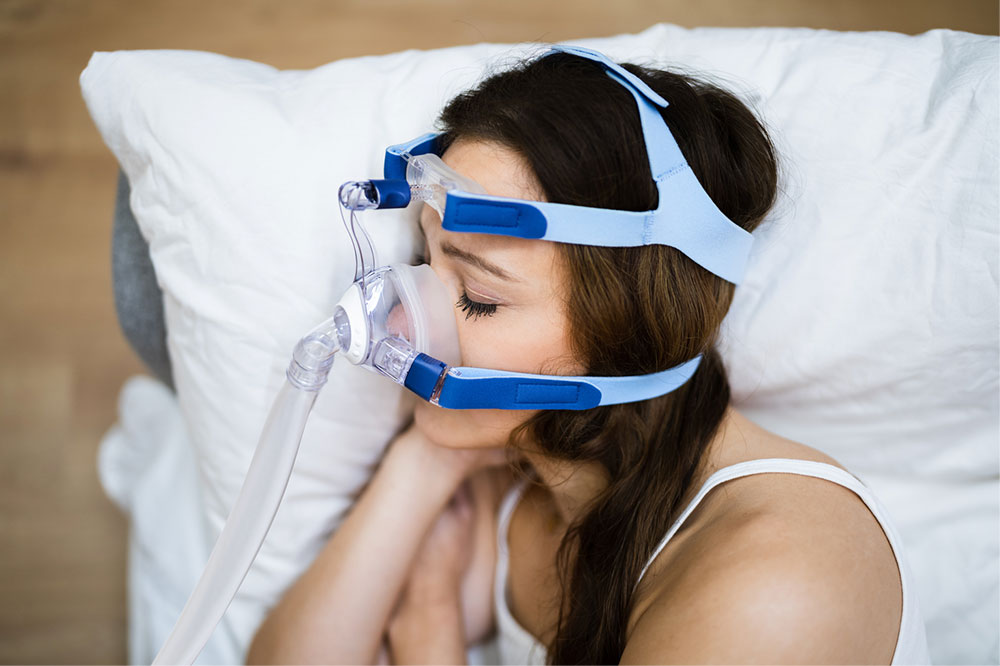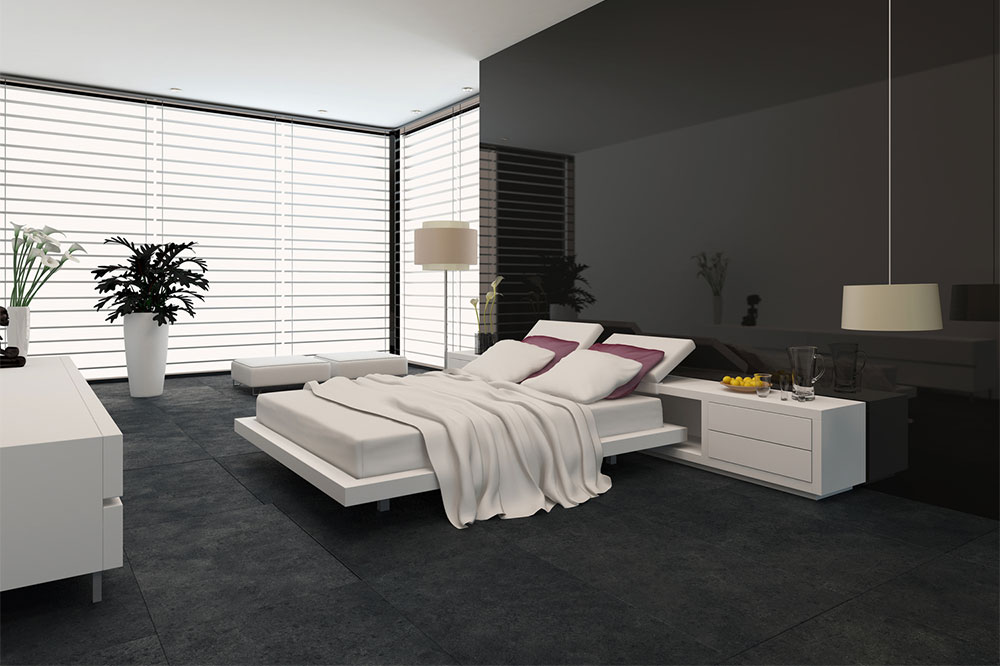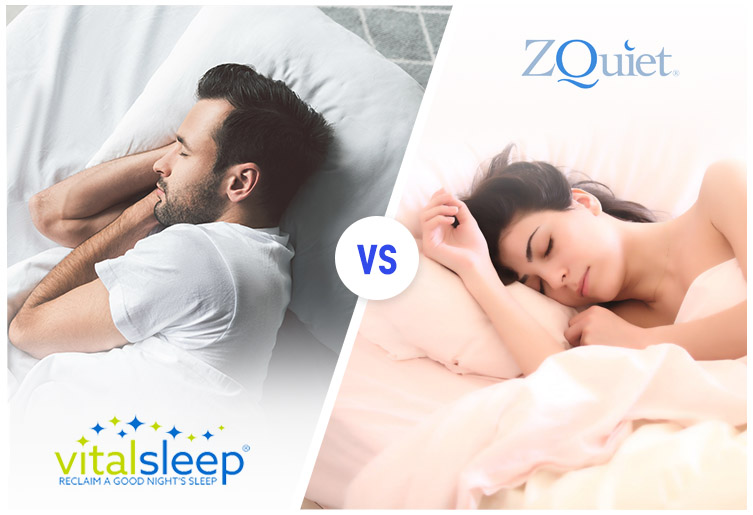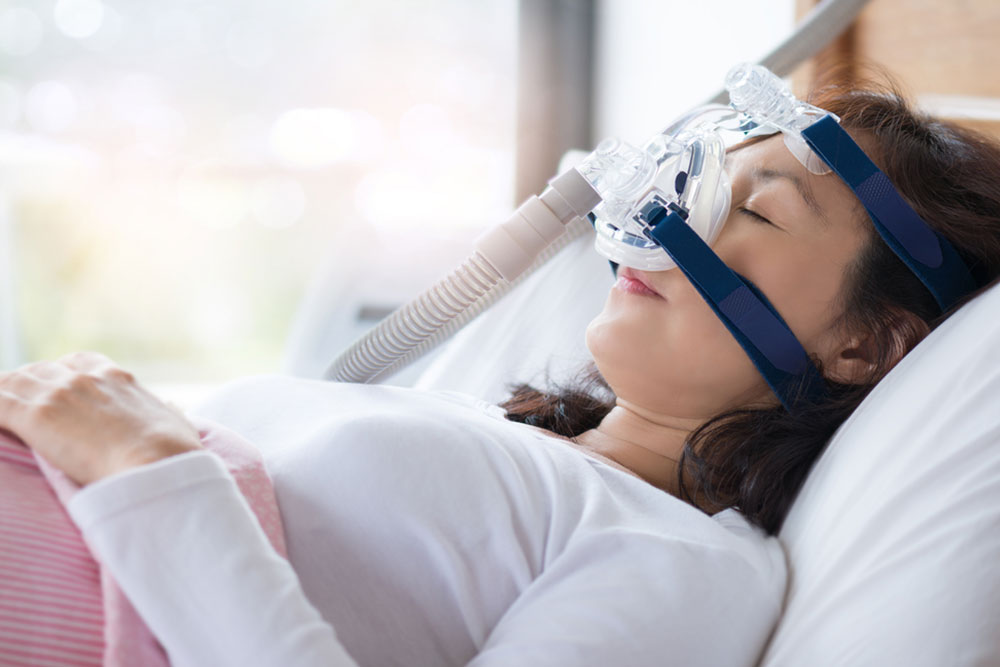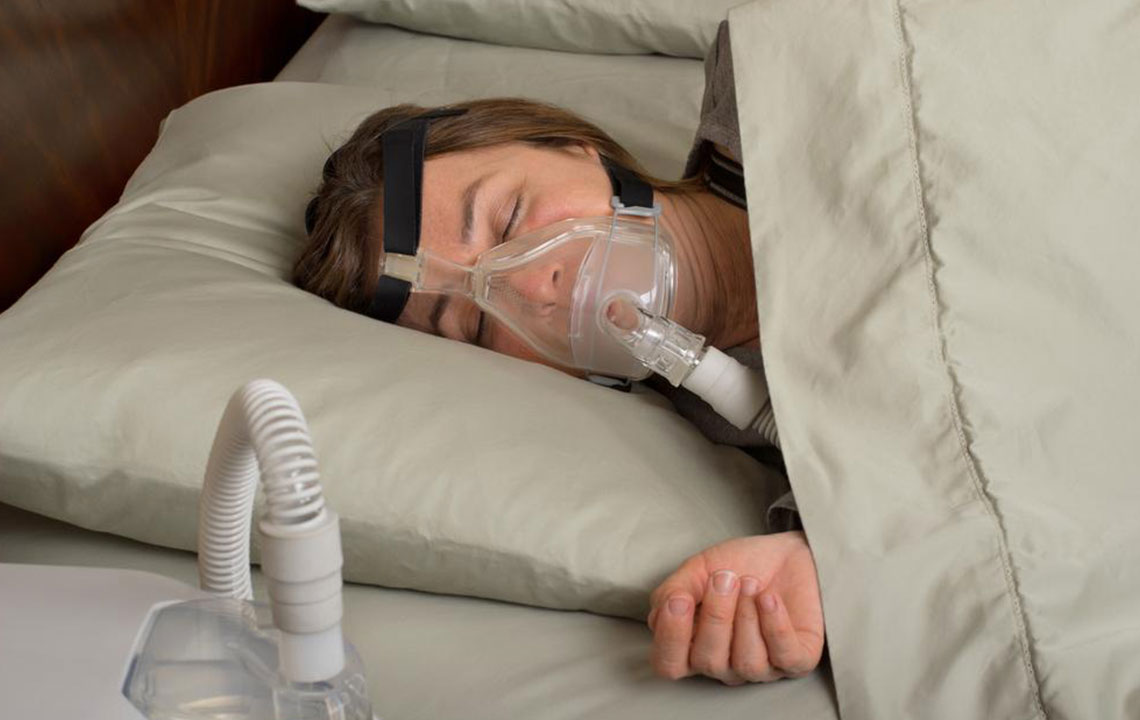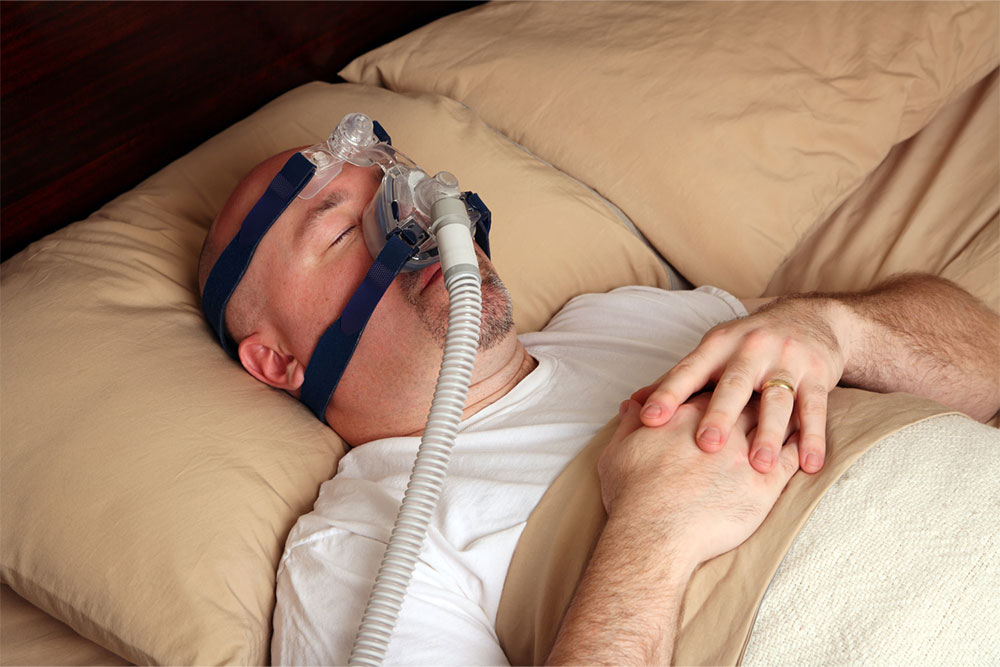Essential Guide to Sleep Apnea Night Guards
This comprehensive guide explains how custom sleep apnea mouth guards work, their features, benefits, and considerations for use. Suitable for mild to moderate cases, these devices offer a non-invasive alternative to CPAP therapy and surgery. Designed for comfort and effectiveness, consulting a healthcare professional ensures the best treatment plan. Regular follow-up is essential to monitor progress and adjust the device as needed. An ideal solution for improving sleep quality and reducing health risks associated with sleep apnea.
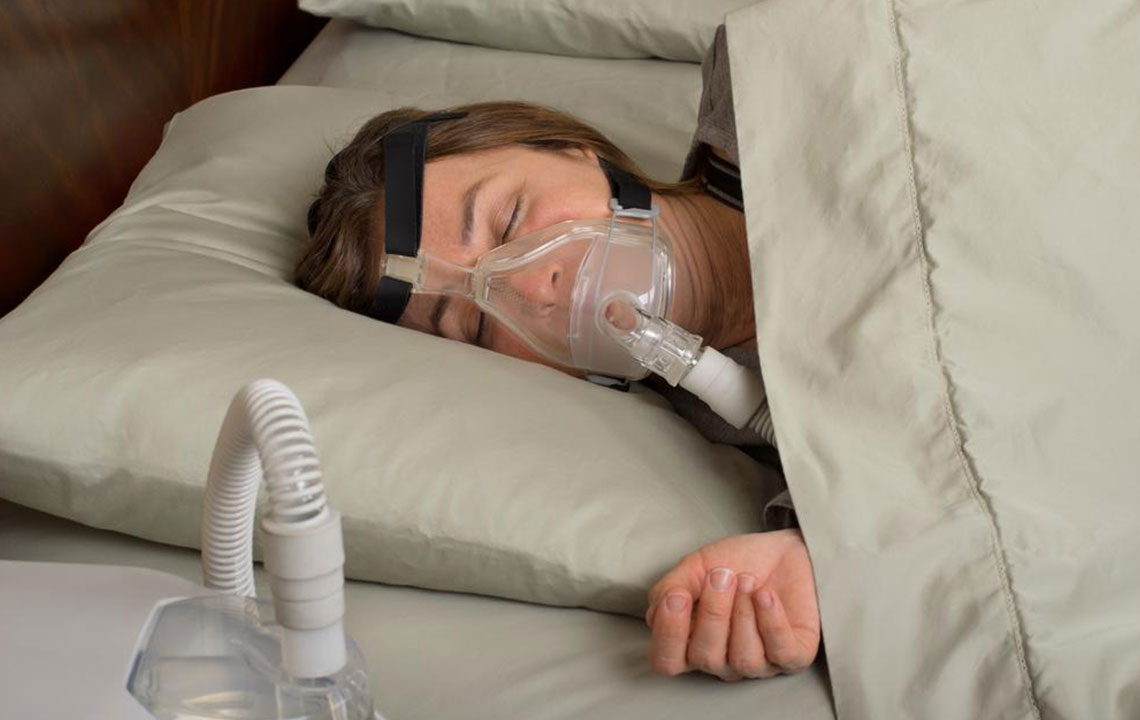
Understanding Sleep Apnea and the Role of Mouth Guards
Obstructive sleep apnea, commonly known as snoring, is a serious sleep disorder that can jeopardize health by obstructing breathing during rest. Many individuals utilize specially designed mouth guards to manage or prevent obstructive sleep apnea, leading to improved sleep quality and reduced health risks.
Untreated sleep apnea increases the risk of heart attacks, strokes, irregular heart rhythms, and cognitive issues like mood and memory problems. Addressing this condition early is crucial for overall health.
Role of Oral Devices in Sleep Apnea Management
Oral appliances, including custom-made mouth guards, offer an alternative to CPAP therapy or surgery for treating sleep apnea.
Individuals with excess weight often combine mouth guard therapy with weight loss efforts. These devices function by decreasing airflow turbulence and reducing snoring.
Most effective during early or mild to moderate sleep apnea, dental devices are recommended following diagnostic sleep studies. Periodic follow-up sleep tests may be advised to assess effectiveness.
Features of Custom Sleep Apnea Mouth Guards
Designed and fabricated by dental professionals for a perfect fit tailored to your condition.
The design emphasizes comfort and higher patient acceptance.
These mouth guards work by advancing the lower jaw slightly forward to enlarge the airway passage, thus reducing snoring and apnea events.
Many models offer adjustable settings, allowing personalized comfort and airflow optimization.
Common Features of Sleep Apnea Oral Devices:
Adjustable positioning via telescopic hinges
Freedom of movement for talking and drinking
Important Considerations Before Use:
Choose FDA and Medicare-approved appliances for safety and efficacy.
Designed mainly for adults—ensure you're within the suitable age group.
If you wear braces or have recent orthodontic work, consult your dentist due to possible tooth movement.
Avoid if you have ongoing dental issues like gum disease, broken teeth, or restorations that may be compromised.
Consult a healthcare professional if you suffer from TMJ disorders before use.
Follow-up appointments are important to monitor and adjust the device as needed.
Getting a custom oral appliance is straightforward; contact a dentist or healthcare provider.
Types of Sleep Apnea Mouth Guards:
Custom-fitted by dental professionals, these devices are worn during sleep and include two main types:
Mandibular Advancement Device (MAD): The most common type, it fits over the dental arches and pushes the lower jaw forward to open the airway. Some models like the Thornton Adjustable Positioner (TAP) allow adjustments for optimal fit.
Tongue Retaining Device: This device stabilizes the tongue in a forward position to prevent airway obstruction. It's less frequently used than MADs.
Post-Treatment Care:
Ensure regular follow-ups to evaluate effectiveness and make necessary adjustments or replacements for optimal results.
Benefits of Dental Sleep Devices:
Highly effective for mild sleep apnea, especially for back or stomach sleepers; they improve sleep and reduce snoring.
More comfortable and easier to use than CPAP machines.
Long-lasting alternative to surgical procedures like UPPP.
Nevertheless, mouth guards may cause side effects such as teeth shifting, bite changes, or TMJ discomfort. Mild issues like dry lips or excess saliva may also occur.
Choosing the best treatment depends on severity, anatomy, medical history, and personal preferences. It’s essential to consult your doctor to determine if a sleep apnea mouth guard is suitable for you. When used correctly, they offer a comfortable, effective solution for managing sleep apnea.

